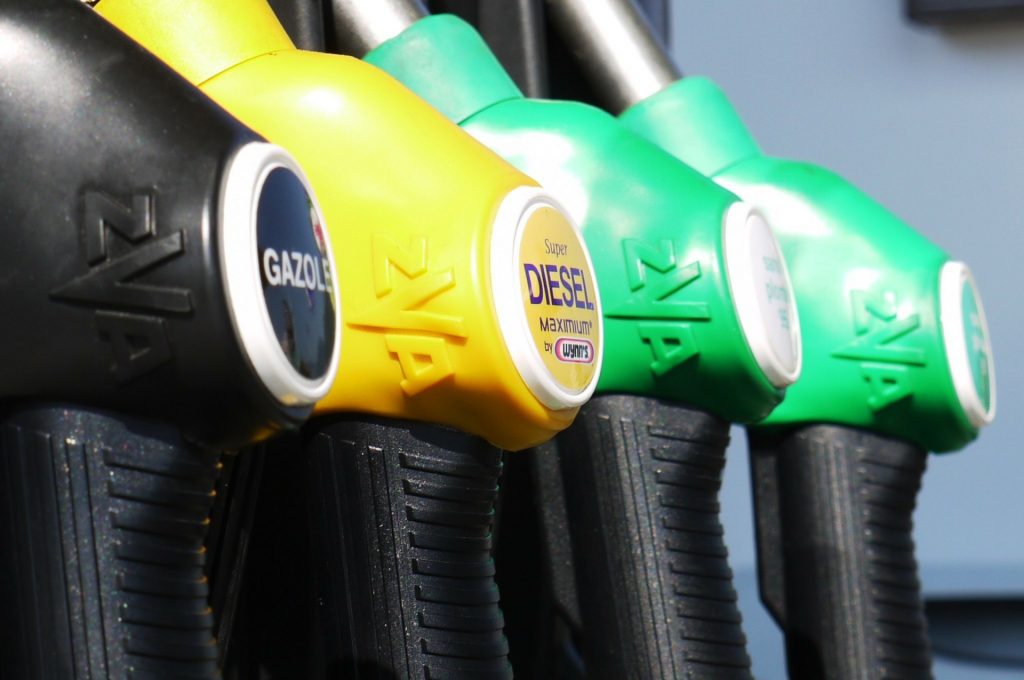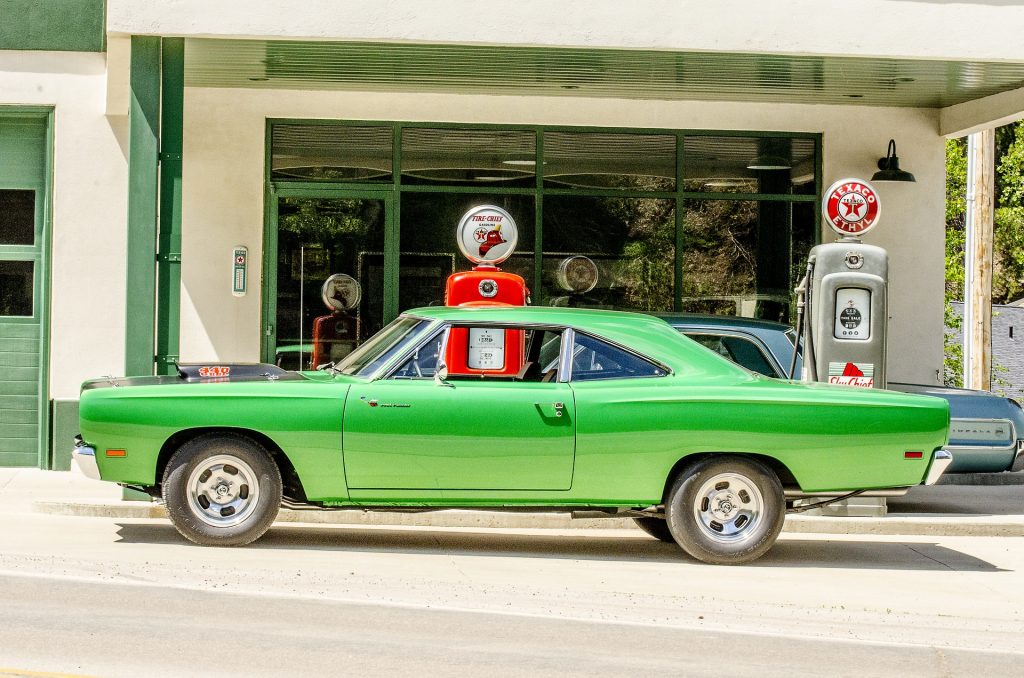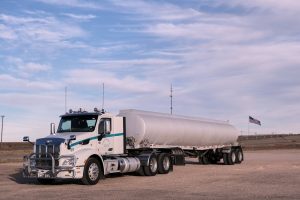The question could have been complicated by factoring in electric cars. But, until they create an affordable fully-electric model, we’ll have to settle with choosing between diesel, gas (petrol for readers outside the United States), and hybrid cars.
Car companies see the growing investment customers have in eco-friendly transportation and are introducing more affordable hybrids every year. Although limited to petrol models, hybrids are the best option to choose if you want to invest in a vehicle that is cost-effective, environmentally friendly, and low maintenance except for a battery that may need replacement every 5-10 years. You might be thinking ‘Why read on if you’ve already given the answer?’. Well, the rest is for those who can’t scrape up the coin to splurge on a hybrid just yet, or those who are saving up to go fully electric and are still deciding on a car to use till then.

Economy
The first factor most of us would consider when purchasing a petrol or diesel car is the price. Although petrol frequently ranks lower than diesel, prices are constantly fluctuating. A better test would be to consider the fuel-efficiency figures for petrol and diesel cars. In this aspect, diesel cars are simply the better option. With some reports going as far as to report 30 to 40 percent more fuel efficiency in diesel engines. It is important to remember that these figures are tested in laboratories and although diesel may be the best choice for long-distance travel, when it comes to shorter journeys an efficient direct-injection petrol engine could be just, if not more, efficient.
Another aspect to consider is the actual price of the vehicle both economically and environmentally. Diesel cars are more expensive in both areas. Apart from being heavier machines, diesel cars have to be strengthened to cope with the extra forces needed to compress air and ignite the fuel. They also produce noxious gases such as nitrogen oxide and sulfur oxide, as well as a black soot. This is all topped off with the production of 17 percent more CO2 emissions per liter than petrol.
Running Costs
Important factors to weigh in when picking a car include understanding how it operates on a day-to-day basis, from what sort of servicing it requires and insurance plans it demands to the most influential cost of depreciation. When buying a diesel car, you will have to settle for more expensive purchase prices. The good news, however, is that you’ll face minimum depreciation. Resale experts say that diesel-powered cars still retain a premium on the used market, and if you own a medium or large SUV the resale value is even higher.
Concerning regular upkeep, diesel vehicles also require much more from their owners. The complex system requires you to ‘exercise’ machine; if you’re mostly using it for short distance trips, drive out once in a while to prevent the diesel particulate filter from becoming clogged. For petrol engines, no matter how well you keep them, the more kilometers you drive the more issues you’ll experience. But, because of their popularity, maintenance service and repairs are far less expensive on petrol engines than on diesel. These criteria, however, are not fixed in stone, and a lot will depend on the way you treat your car and if you’re using a car that fits your requirements.

Driving Preference
Most of the time, people choose what they like. If they are used to petrol engines, they’ll tell you those are the best. But in reality, it all depends on how you’re using it, so buy the car that makes the most sense for your commute. If you travel far every day, opt for a more fuel-efficient model, such as a diesel. Petrol and diesel engine makers are actively working to improve their designs. From improving fuel efficiency to reducing the noise diesel cars make, the lines between the two are increasingly blurred and it is becoming increasingly difficult to tell the two apart. This means that both diesel and petrol engine manufacturers are creating cars that are worth driving, and both boast a number of advantages, including:
Petrol engines:
- Easy and more comfortable drives. With smooth and light engines, petrol cars give you good power with shorter gears.
- Relatively quiet drives with engines that don’t produce much noise.
Diesel engines:
- With higher torque output and good acceleration, diesel engines have stronger pulling power.
- Taller gears allow you to go through more speeds in a single gear shift, making your drive less work.



